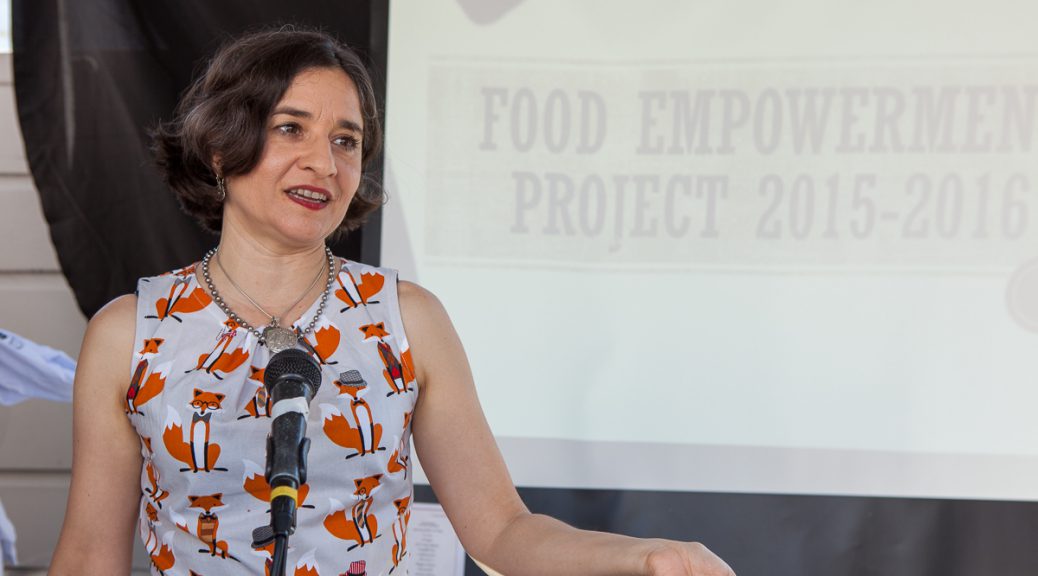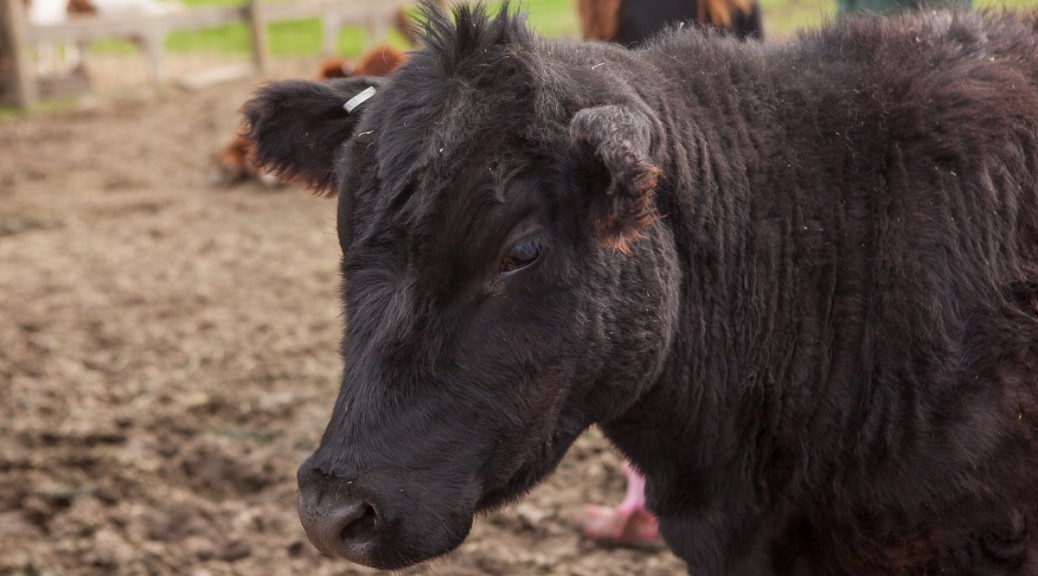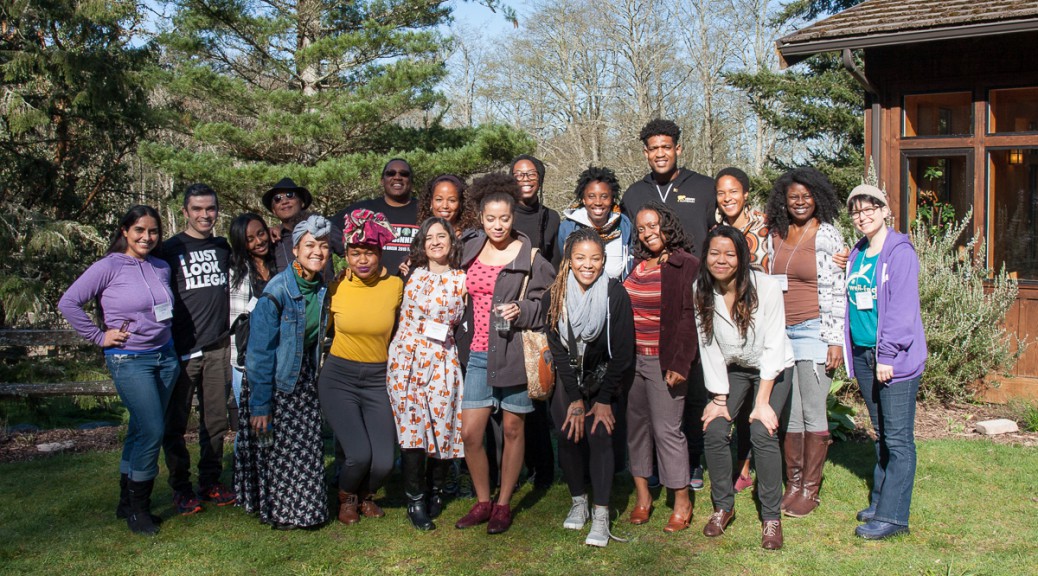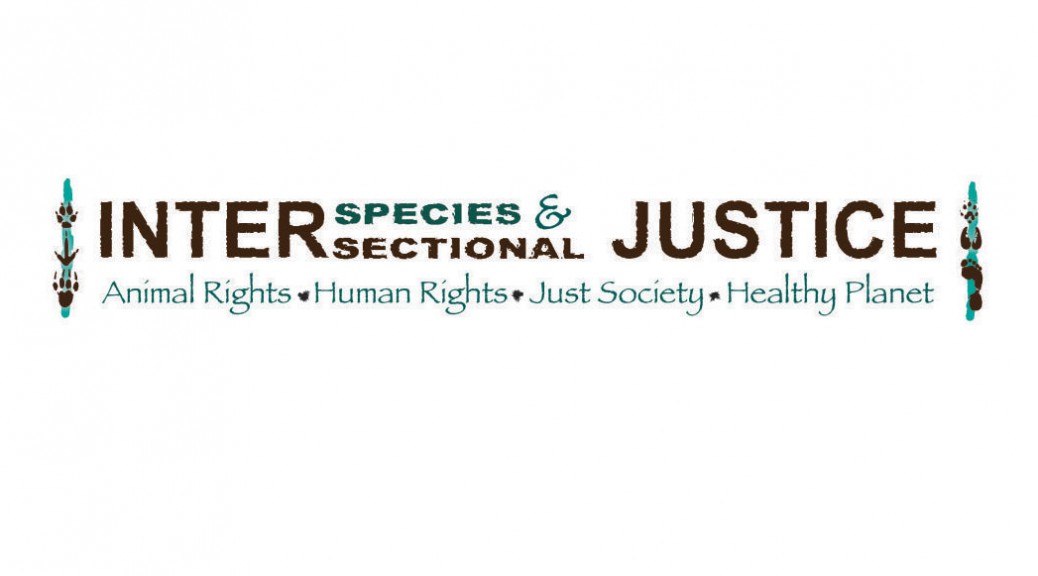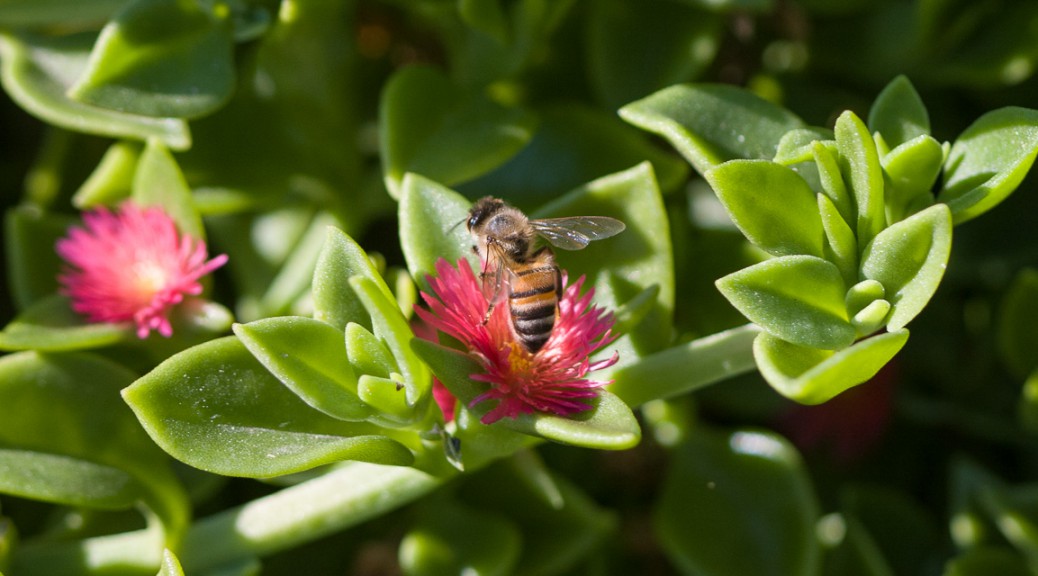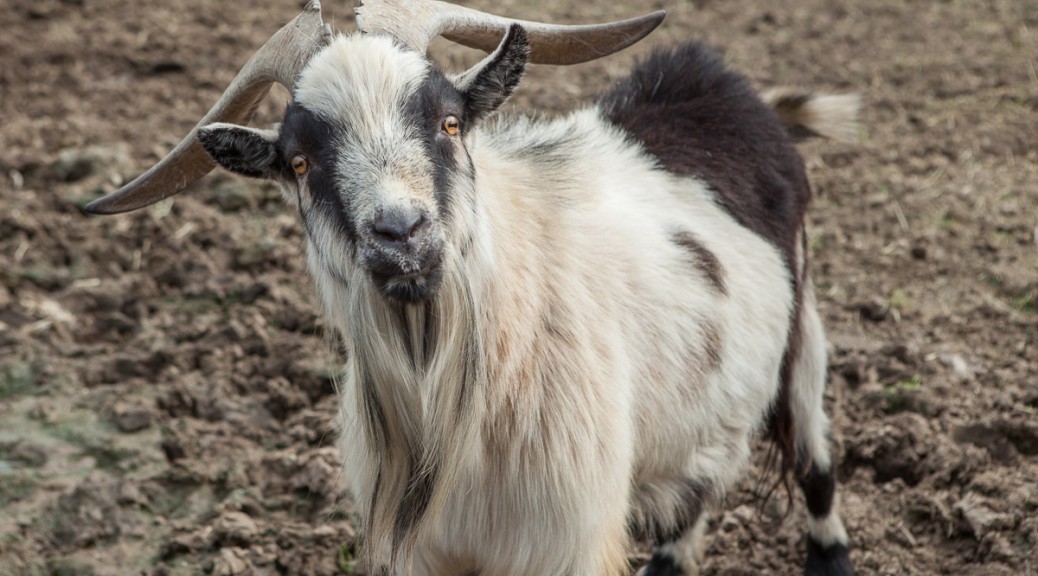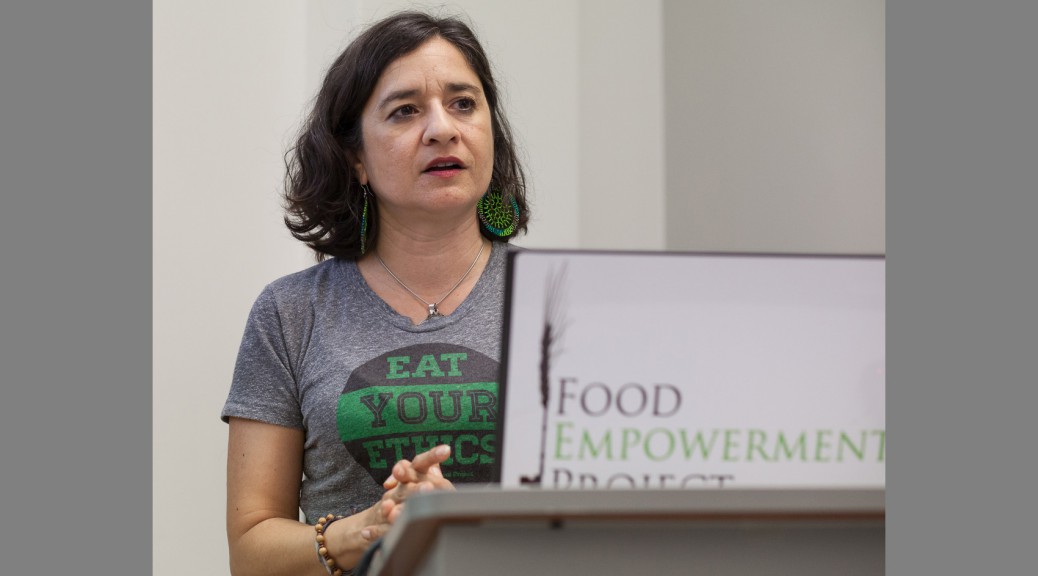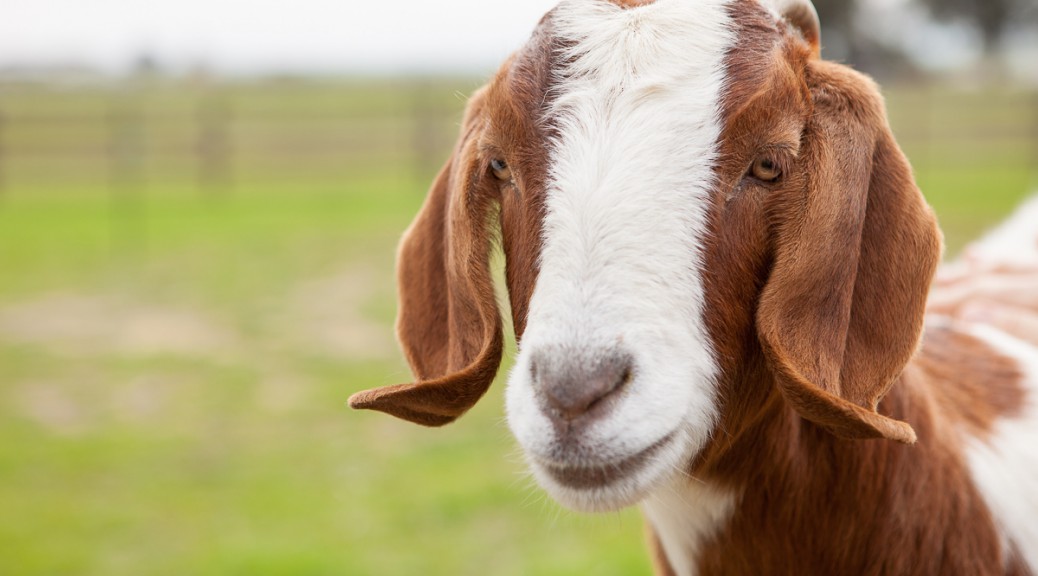[Image: A large group of people of color stand together outside the Whidbey Institute. Photo by Ziggy Tomcich.]
This weekend, Ziggy and I attended the Intersectional Justice Conference at the Whidbey Institute in Washington State. As I’ve written here previously, I was invited to be one of the speakers, and my presentation was on “Welcoming gender diversity: Trans, non-binary, and intersex inclusion in activist spaces.” I also led a workshop on gender identity and related issues. The event was a rewarding, challenging, and overall positive experience.
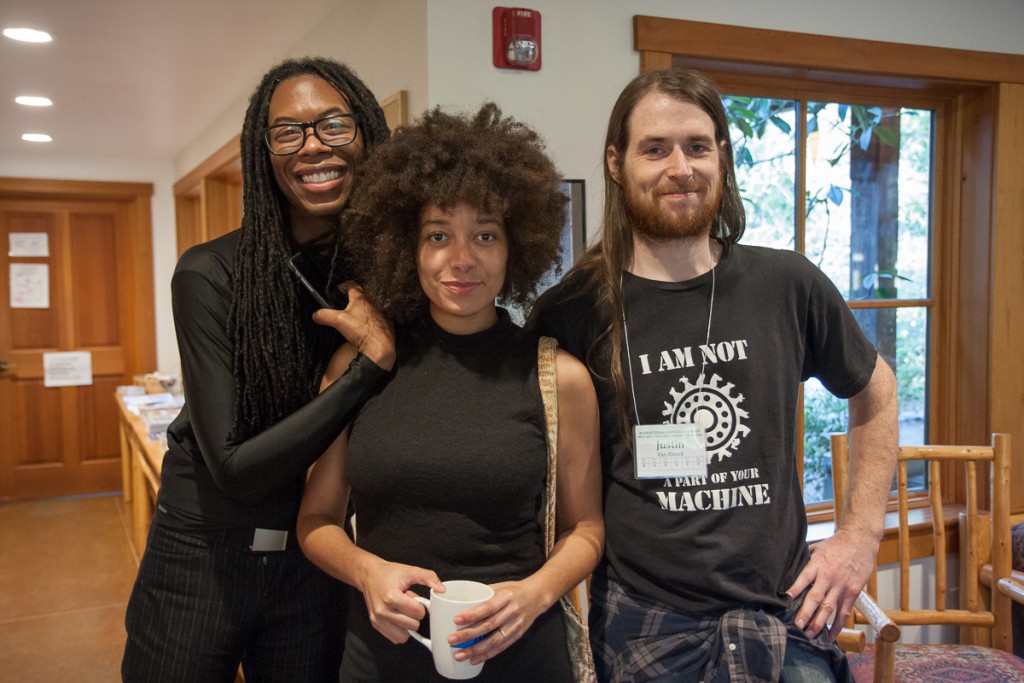 [Image: Christopher-Sebastian McJetters, Aph Ko, and Justin Van Kleeck stand together in a hallway at the Whidbey Institute.]
[Image: Christopher-Sebastian McJetters, Aph Ko, and Justin Van Kleeck stand together in a hallway at the Whidbey Institute.]
The above photo features three of the participants I was most excited to meet in person: Christopher-Sebastian McJetters, Aph Ko, and Justin Van Kleeck, all contributors to the intersectional blog Striving with Systems. Christopher-Sebastian was my initial point of contact for this conference, and we both wept tears of joy on first meeting. Aph I have to thank for inviting me to the advisory board of Black Vegans Rock (which she founded and maintains), and we were thrilled to be housed together for the event. Justin has continually inspired me with his dedicated sanctuary work at Triangle Chance for All, as well as his writings on veganism and anti-oppression.
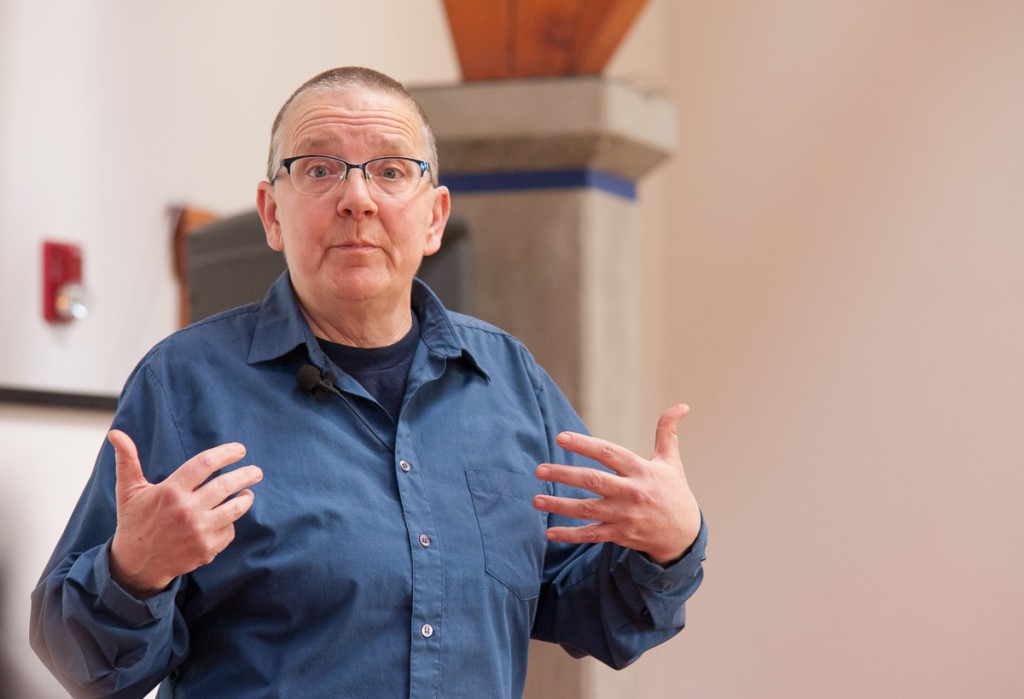 [Image: pattrice jones speaks at the Intersectional Justice Conference.]
[Image: pattrice jones speaks at the Intersectional Justice Conference.]
Another inspirational sanctuary worker and activist who attended the conference was pattrice jones of VINE, an LGBTQ-run sanctuary. Christopher-Sebastian had begun the conference by reading an “Activist Bill of Rights” he created, which started out with “Fuck respectability.” pattrice took that instruction seriously, and at the beginning of her presentation she called out our host venue for housing chickens on the premises under unacceptable conditions. Other attendees throughout the conference called for the prisoners to be released to a sanctuary, and I am hopeful that the Whidbey Institute will agree to do so.
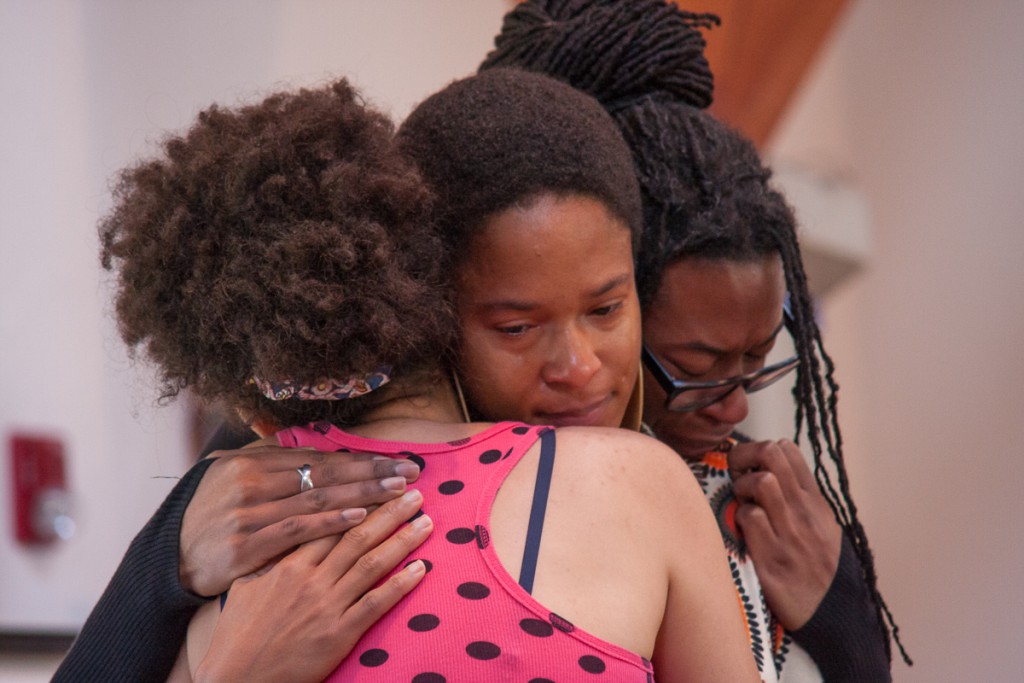 [Image: Aph Ko and Christopher-Sebastian McJetters comfort Dr. Amie Breeze Harper during her presentation at the Intersectional Justice Conference.]
[Image: Aph Ko and Christopher-Sebastian McJetters comfort Dr. Amie Breeze Harper during her presentation at the Intersectional Justice Conference.]
The need to confront and dismantle white supremacy was a recurring and important theme of this conference. Aph Ko and Dr. Amie Breeze Harper both included images of lynchings in their presentations, to illustrate the very real and ongoing impact of racism, both in the animal rights community and the USA in general. The subject was so painful that both broke down in tears during their respective talks, and were comforted by each other, as well as by Christopher-Sebastian.
This moment pictured above illustrates to me the fundamental purpose and value of this event. Anti-oppression work is messy and uncomfortable and downright painful—and absolutely necessary.
The large number of people of color participating in this conference—as featured speakers and facilitators as well as attendees—was a welcome change from the mostly-white faces generally seen at vegan and animal rights events. A number of people featured on the Black Vegans Rock blog attended, including myself, Aph, Breeze, Christopher-Sebastian, Seba Johnson, JoVanna Johnson-Cooke, Brenda Sanders, Keith Tucker, and Unique Vance.
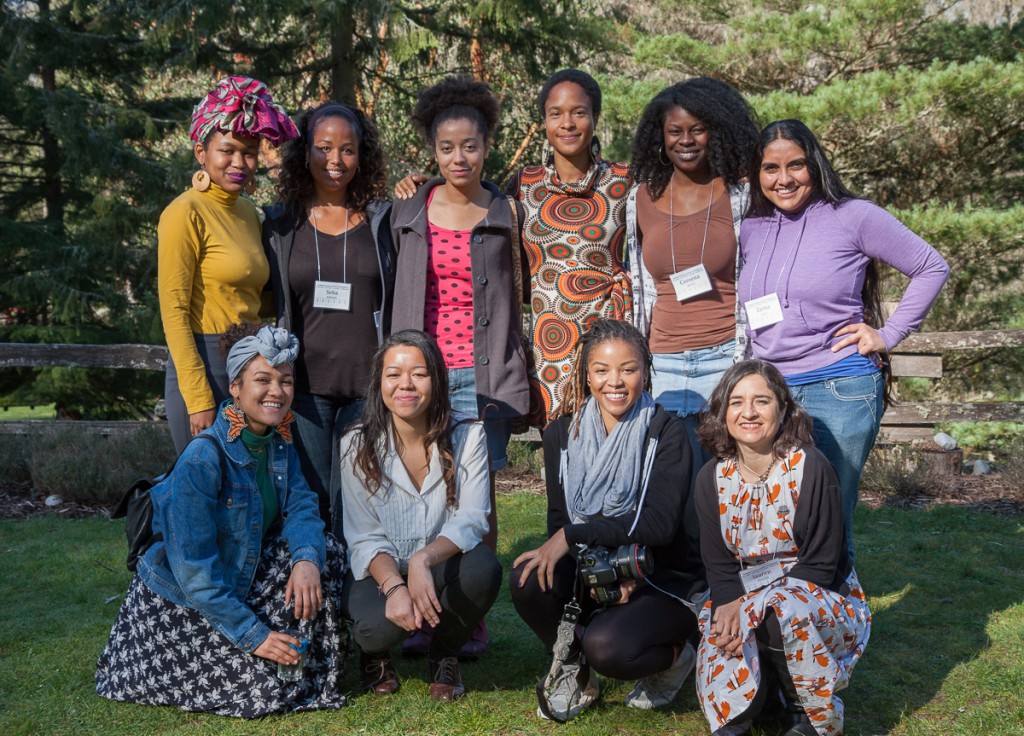 [Image: A group of women of color stand together outside the Whidbey Institute.]
[Image: A group of women of color stand together outside the Whidbey Institute.]
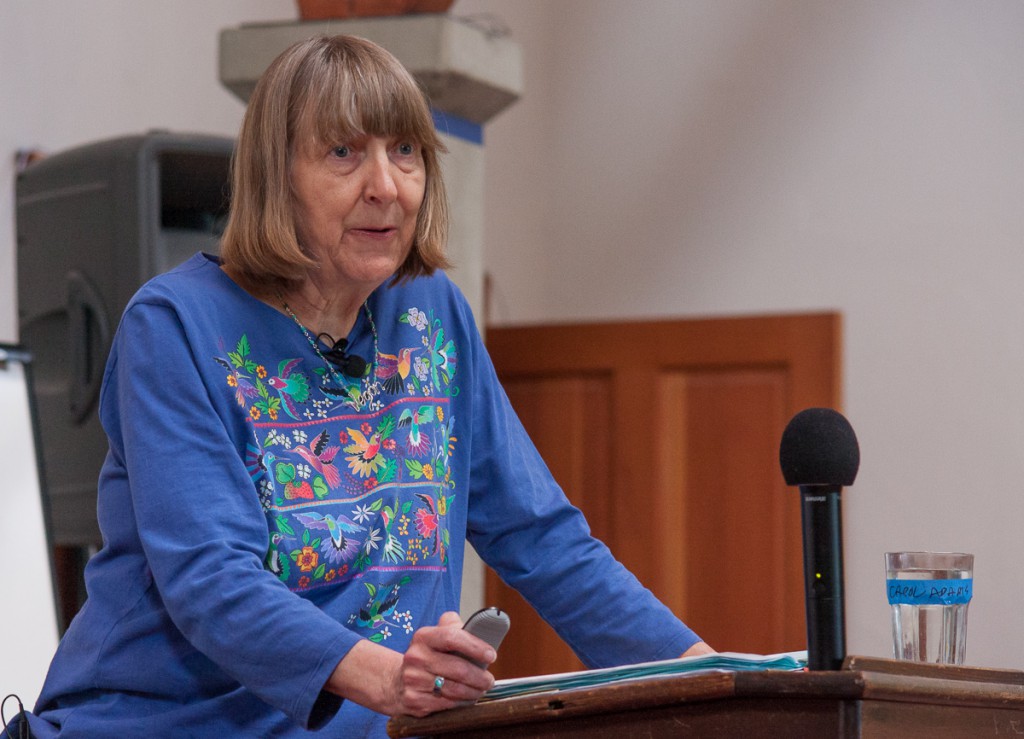 [Image: Carol J. Adams speaks at the Intersectional Justice Conference.]
[Image: Carol J. Adams speaks at the Intersectional Justice Conference.]
Women—white and of color—were well-represented in featured roles as well. One of the featured speakers was Carol J. Adams, whose books on feminism and animal rights, including The Sexual Politics of Meat, are well-known and respected in the field. Her multimedia presentation was a fascinating and disturbing tour of the patriarchal and often blatantly sexist nature of animal product marketing. (Carol updated her presentation at the last minute to include a video of the Whidbey chickens, whom she also called to be released.) I was honored that Carol attended and actively participated in my breakout session on gender diversity.
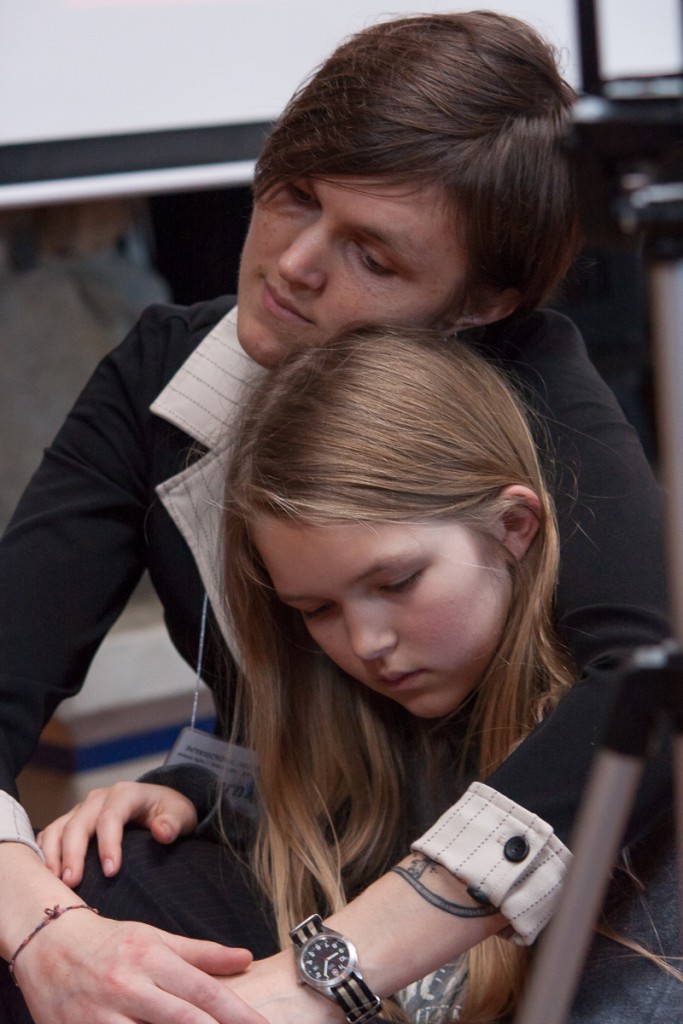 [Image: Marnie Jackson-Jones sits with her arms around her daughter.]
[Image: Marnie Jackson-Jones sits with her arms around her daughter.]
Marnie Jackson-Jones, who extended the official invitation for me to speak at this conference, did a heroic job as a facilitator. One of her young daughters attended many of the sessions with her, and was delightful.
This conference, while somewhat exhausting physically and emotionally, exceeded my expectations. I am hopeful that future iterations of this event can be improved in several areas, with more careful vetting of sponsors and venue to minimize speciesism, and more accommodations such as ASL interpretation. (I was very happy that the organizers implemented my suggestion to make restrooms gender-neutral for the duration of the event.) Regardless, these shortcomings did not diminish the impact of the anti-oppression work that was accomplished and the connections that were made this weekend.
While I was not the official photographer, Ziggy and I did take a number of photos, which are available on Flickr. If you use any of them, please credit me as Pax Ahimsa Gethen unless otherwise stated in the photo description (most of the photos that I’m in were taken by Ziggy Tomcich). The slides and notes from my presentation are also online, and I’ll post links to the videos of the speakers as soon as they are made available.
Like this:
Like Loading...
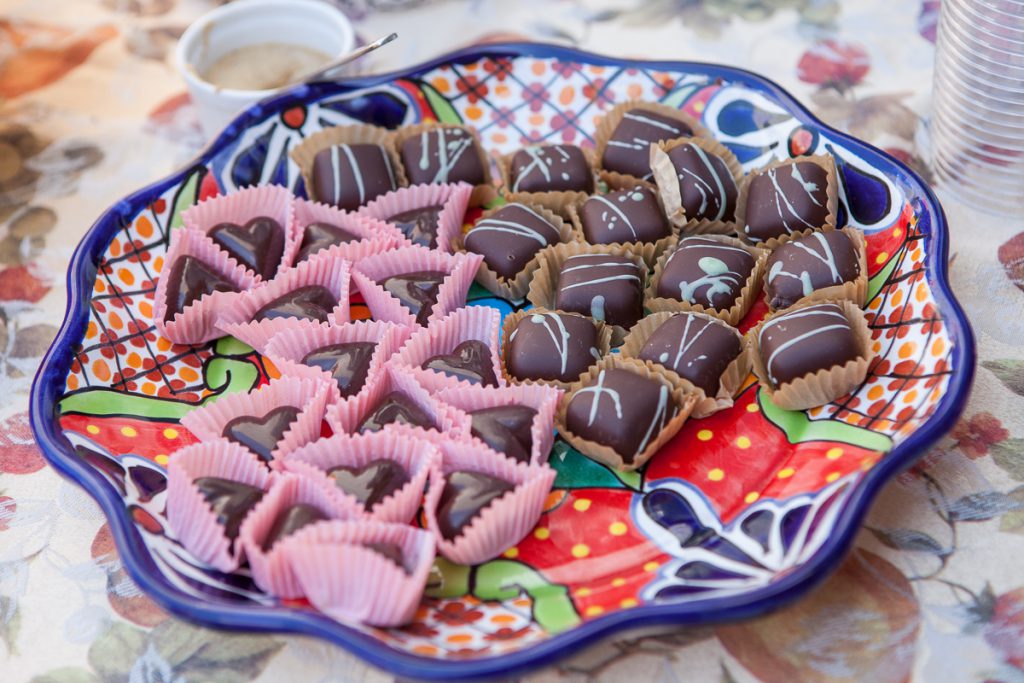 [Image: A colorful dish of chocolate candies.]
[Image: A colorful dish of chocolate candies.]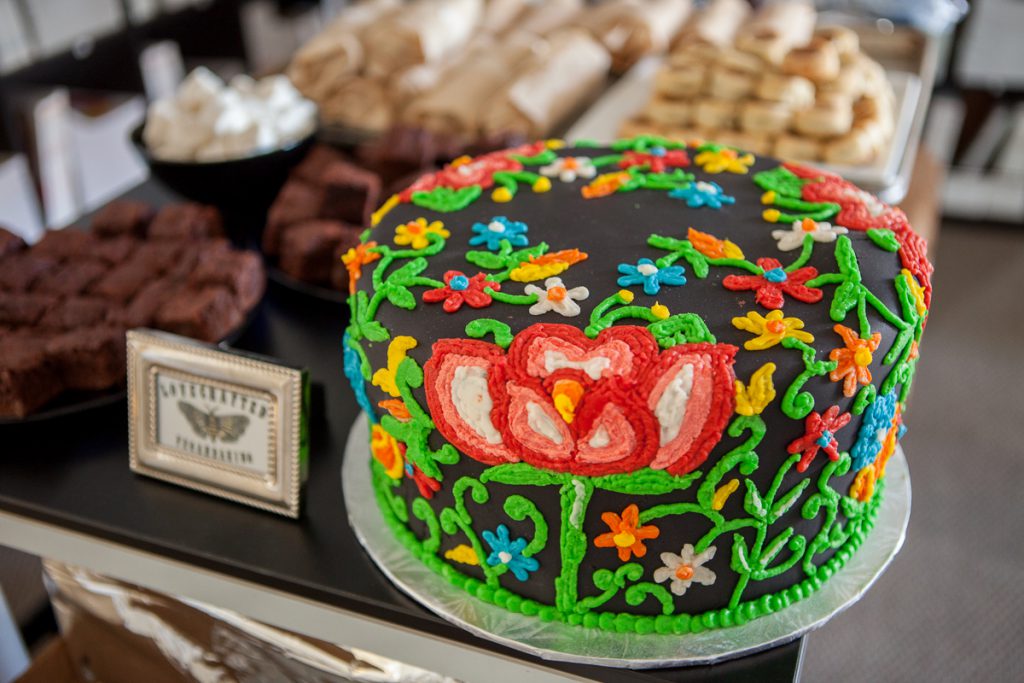 [Image: A cake decorated with flowers and leaves in icing.]
[Image: A cake decorated with flowers and leaves in icing.]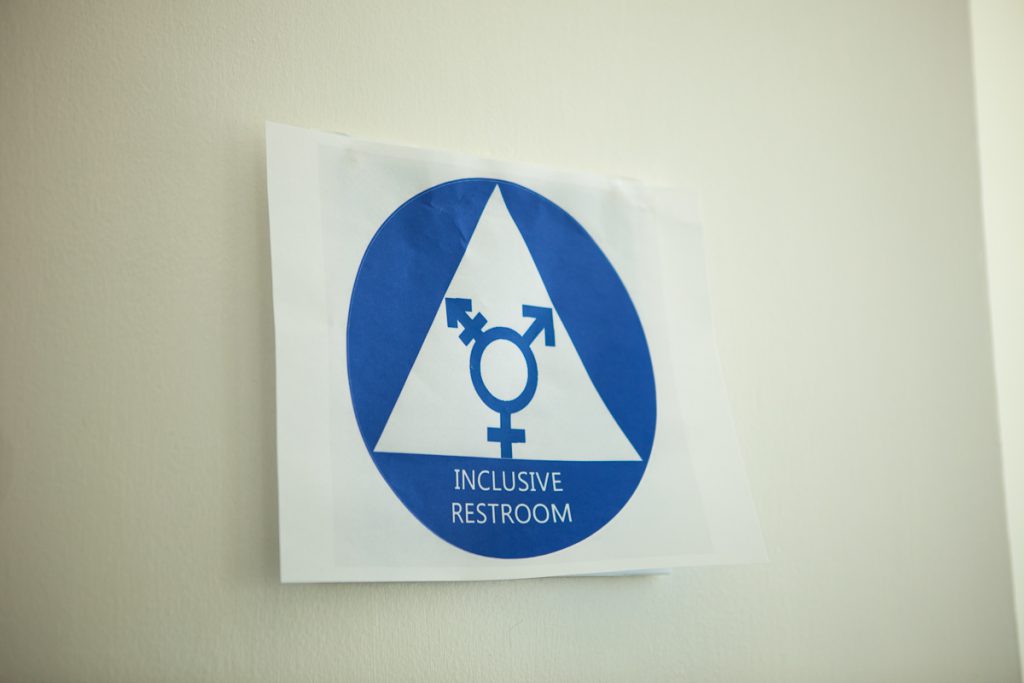 [Image: A sign with multiple gender symbols and the words “Inclusive restroom.”]
[Image: A sign with multiple gender symbols and the words “Inclusive restroom.”]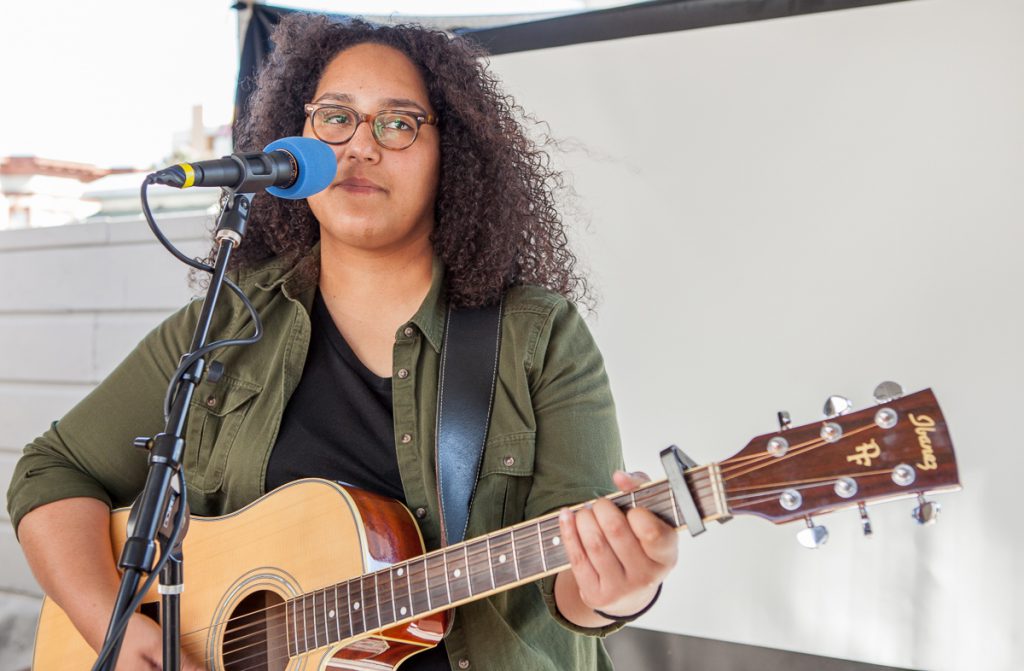 [Image: Azuah sings into a microphone while playing acoustic guitar.]
[Image: Azuah sings into a microphone while playing acoustic guitar.]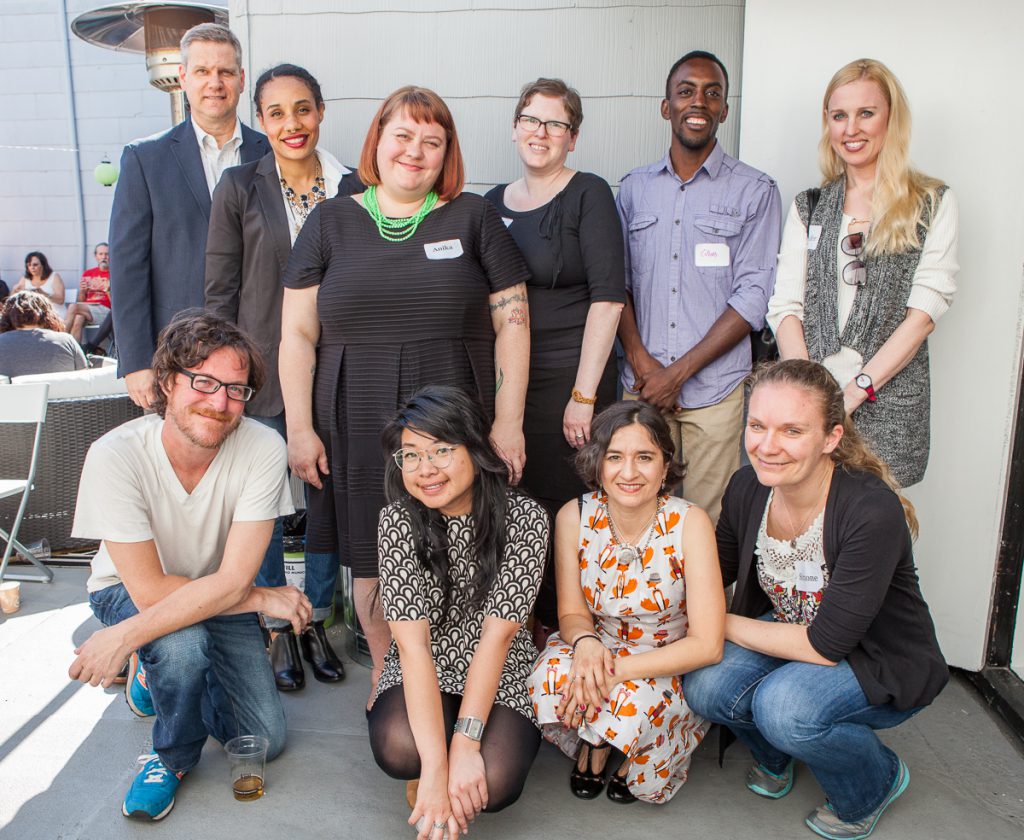 [Image: Food Empowerment Project team members pose and smile for the camera.]
[Image: Food Empowerment Project team members pose and smile for the camera.]